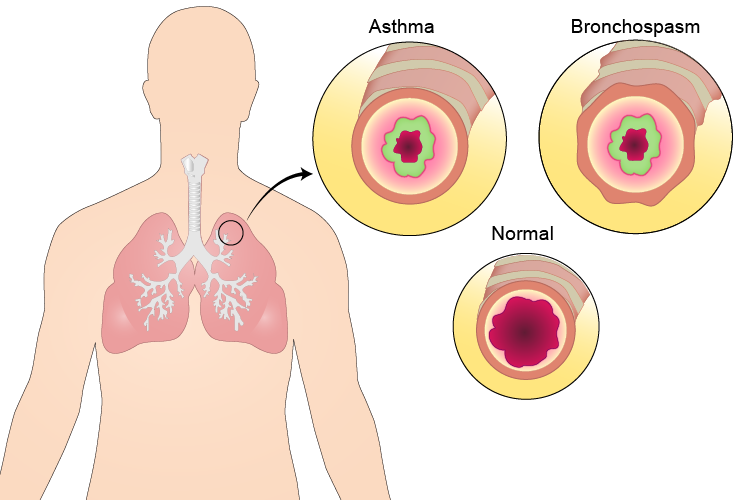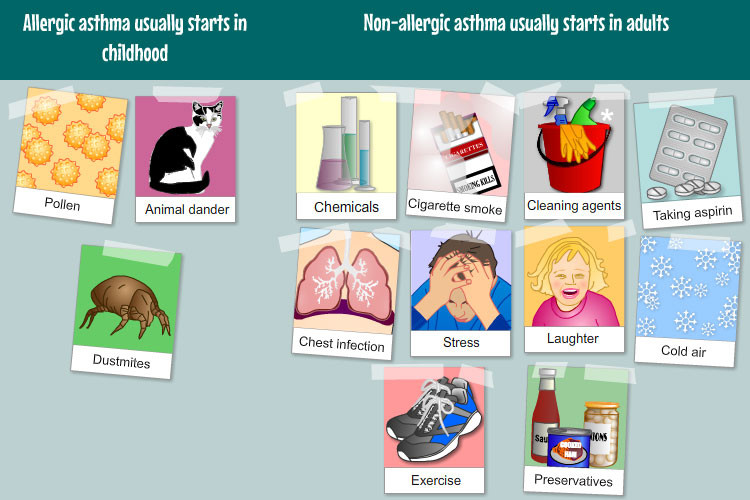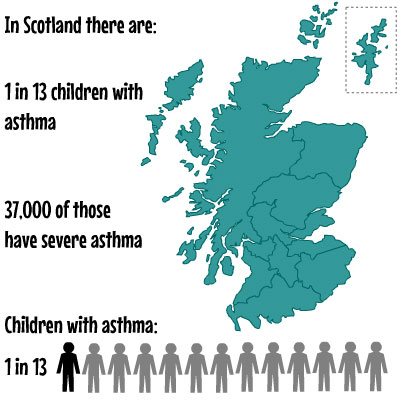These famous people have been very successful in their field despite having asthma. It is inspiring to see
that their asthma has not prevented them from achieving their goals.
View text alternative
Football:
- David Beckham
- Paul Scholes “My asthma is well controlled so it has never affected my performance.” (Former Manchester United & England Footballer)
Cricket:
- Darren Gough “Whether it is uniquely English pollen that triggers my asthma attacks, or the cooler, damper air, I don’t know.”
Marathon Runner
- Paula Radcliffe- “I don’t really think asthma has affected my career – if anything it’s made me more determined to be successful and reach my maximum potential.” If you learn to manage your asthma and take the correct medication there’s no reason why you shouldn’t be the best.
Olympic Medallists:
- Rebecca Adlington (Olympic Gold Swimmer)
- Laura Trott (Cycling)
- Bradley Wiggins ‘It does sound quite bad if you are diagnosed with asthma and your natural instinct is to think that’s it. But there is better medicine available now and I am an Olympic champion – the evidence is out there that you can succeed.’ (Cycling)
Rugby:
- Austin Healy “I’ve had asthma since my childhood but I can’t afford to let it affect my performance on the pitch.” (England Rugby International Player)
Daytime TV Presenter
- Matt Johnson (This Morning )“I can happily take my inhaler anywhere in front of anyone…. Weirdly, when I laugh really hard I get a very tight chest.”
Musicians:
- Harry Styles (One Direction)
- Pink








